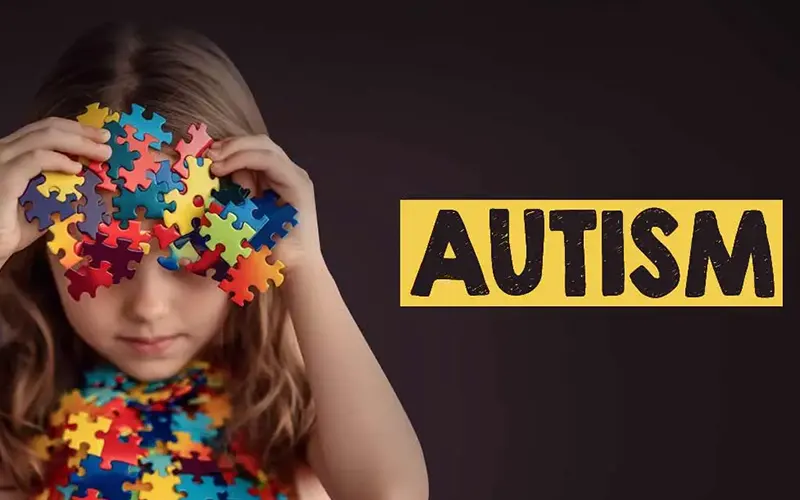Autism Spectrum Disorder (ASD) not only affects the individual diagnosed with the condition but also has a significant impact on their family members. From the moment of diagnosis, families often face a range of emotional, financial, and practical challenges as they navigate life with a child or family member with autism. In this article, we’ll explore the impact of autism on family life and some strategies for coping and finding support.
1. Emotional impact: The diagnosis of autism can be an emotional experience for families, often leading to feelings of shock, grief, and uncertainty about the future. Parents may experience a range of emotions, including sadness, guilt, and anxiety about their child’s future. Siblings may also experience a mix of emotions, including confusion, jealousy, and concern for their sibling with autism.
2. Financial impact: The cost of raising a child with autism can be significant, often including expenses for therapy, medical care, special education, and support services. Many families face financial strain as they try to meet the needs of their child with autism while also providing for their other family members. The financial burden of autism can create stress and uncertainty for families, particularly those with limited resources.
3. Practical impact: Families of children with autism often face practical challenges in their day-to-day lives. These may include difficulties with communication, behavior management, and finding appropriate support services. Many parents of children with autism become advocates for their child, navigating complex systems of care and education to ensure that their child receives the support they need.
4. Impact on family dynamics: The presence of a child with autism can have a profound impact on family dynamics. Siblings may take on additional responsibilities or feel neglected as their parents focus on meeting the needs of their sibling with autism. Parents may struggle to find time for themselves or for their other children, leading to feelings of guilt and exhaustion.
5. Finding support: It’s important for families of children with autism to find support and resources to help them navigate the challenges they face. This may include joining support groups, seeking counseling or therapy, and connecting with other families who have children with autism. Finding a community of support can help families feel less isolated and more empowered to meet the needs of their child with autism.
6. Celebrating successes: While raising a child with autism presents many challenges, it’s also important for families to celebrate the successes and milestones along the way. Every achievement, no matter how small, is a cause for celebration and a reminder of the resilience and strength of families living with autism.
Team T2S1.

